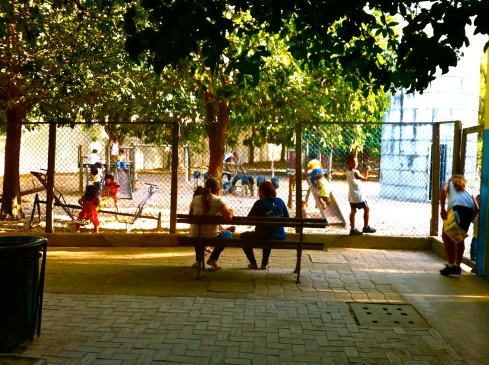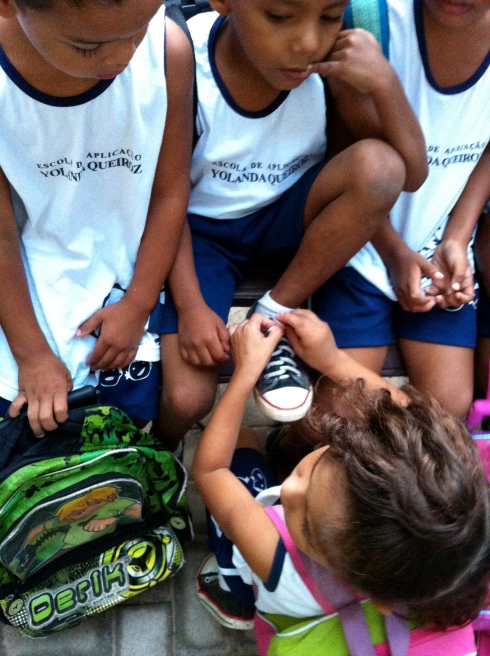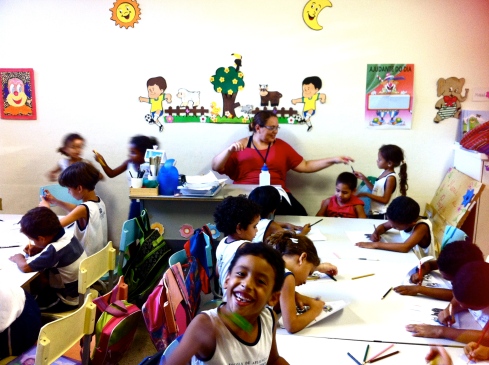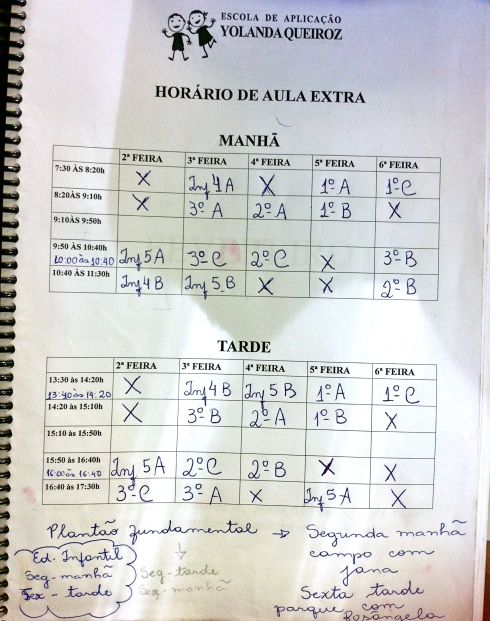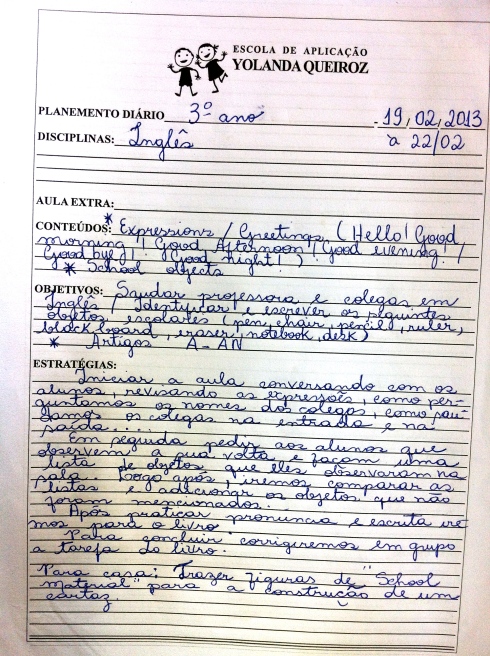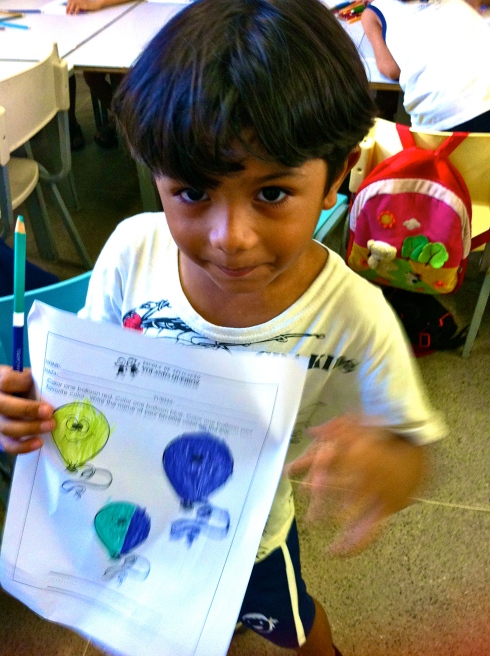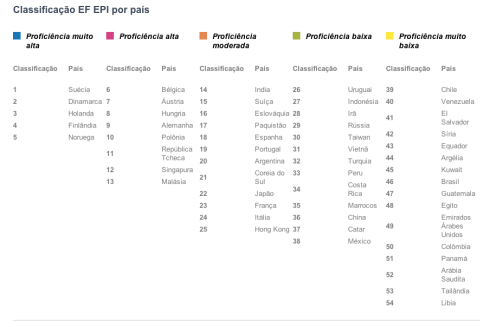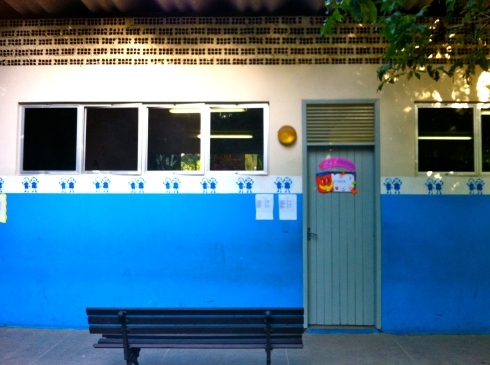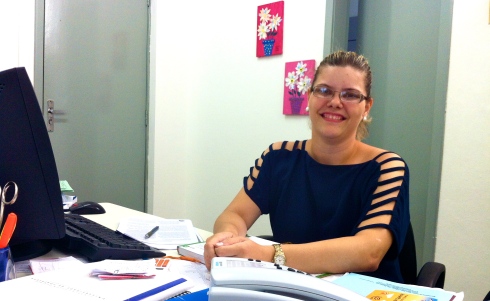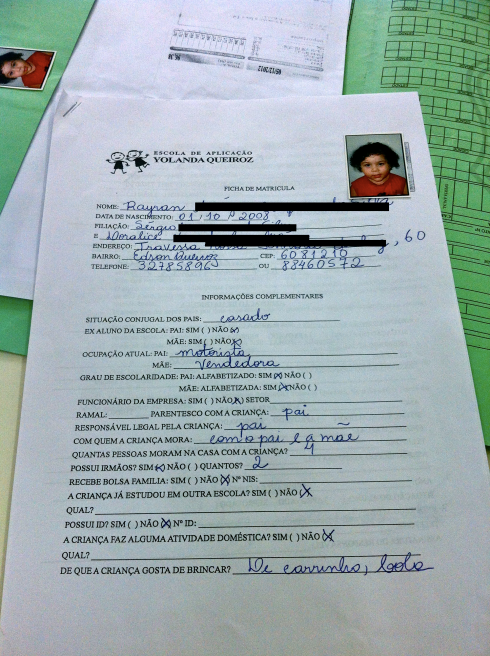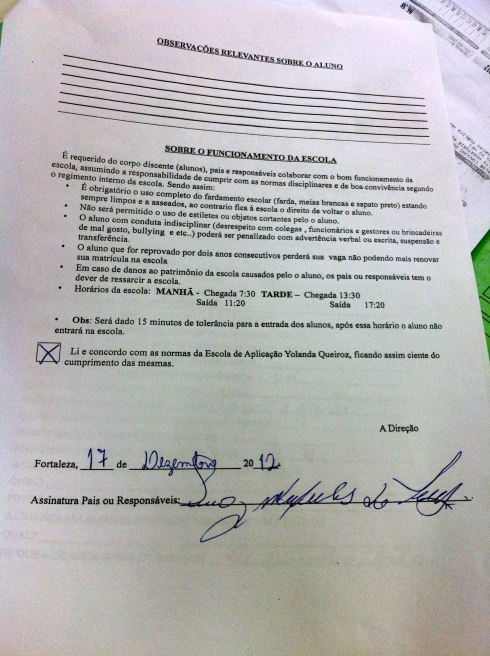After 6 months spent helping at the Escolinha, it is time to draw up a little review.
- First of all, our improvement in learning Portuguese – a language that we did not know a word of before coming to Brazil – has really helped our relationships with the teachers and above all with the children.
Indeed, we are now able to understand a whole conversation in Portuguese, even if sometimes we have to admit that our pocket dictionary gets very useful concerning technical words. That way it makes us more active in the help we provide to the school. For instance we have at present conversations with the Dance Teacher and the Sport Teacher that we could never have had before, given that they both do not speak a word of English, Spanish or French.
- However, as we have written above, not only is it a way to improve our relationships with teachers, but also an easier way to get in touch with the children.
It is always interesting to get to know them because their lives are pretty different than ours. For example, the vast majority of them have usually 6 or 7 sisters and brothers…
- Speaking about children, we are glad to witness their improvements in English. It is always a pleasure to see that our work pays off.
A little anecdote: last week was their assessment week; and at the top of the answer sheet, they have to write their name and also the teacher’s name. And most of them have written “Tia Hello” which means “Professor Hello” instead of “Liliane”, the real name of the English teacher (see her interview here). Liliane actually uses a little English song to start her class, which says basically “Hello to the world”, and it was funny to see that the children remembered that well.
- Lastly, helping the Esolinha weekly has also completed our viewpoint regarding the teachers’ working conditions.
We must admit that it is nothing comparable to France: working 8 hours per day, 5 days per week, teachers are exhausted and complain about that. Some of them live 2 hours by bus from the Escolinha; but with the rainy season it often becomes 3 hours minimum. As they told us, they have no interest in buying a car and coming on their own because in Brazil it is very expensive (cars are heavily taxed given that they are imported) and the gas will cost them their whole month wage. Sometimes, some teachers just stop going to the Escolinha without necessarily advising the headmistress of the school, Monica Galeao (see her interview here). For instance, last week, while we were here, she had to deal with a whole class of 6 year olds because the teacher suddenly stopped going to work.
To put it all in a nutshell, during these 6 months at the Escolinha, we have participated in great events (the Carnival, Easter…) and have never seen children so happy to celebrate. We are deepening our relationships with the teachers on the one hand and with the children on the other hand, thanks to our improvement in Portuguese. Even if we are sometimes witnesses of a lack of motivation from the teachers, we feel that we are useful and we could not be more thankful for that.



